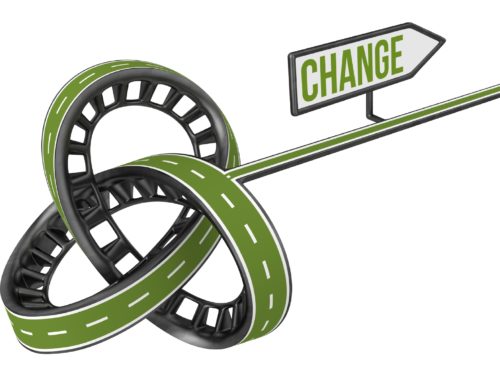I have stayed away from any direct public comment about the shooting of Michael Brown in Ferguson, Missouri. I don’t know the facts, and any comment would be pure conjecture.
But, I do know what I’ve seen in the way of leadership from the players involved. With very few exceptions, it has been abysmal.
There are two types of people who find themselves in positions of authority and power: leaders and posers. Leaders use their influence to make others and their situation better. Posers use their influence to make themselves look better.
Here is a list of most of the key players in the Michael Brown tragedy. Take a look at the list and answer the following questions for yourself:
- Is this person a leader or a poser?
- What makes me think and feel that way?
- What would I have done differently if I found myself in that position?
- What can I learn from each of these individuals to help me be a leader and not a poser in the face of difficulty?
The players:
- Lesley McSpadden: Mother of Michael Brown who has consistently spoken out seeing justice for her son and encouraging non-violence.
- Ferguson Police Chief Thomas Jackson: Directed the Ferguson Police Department’s response to rioters and looters. Publicly spoke up in support of the Ferguson police officers response to rioting and looting.
- St. Louis County Police Chief Joe Belmar: Took over the security of Ferguson, MO from Chief Jackson. Reported that Michael Brown was a suspect in a robbery that occurred before the shooting. Later clarified that the officer did not know Brown was a robbery suspect at the time of the shooting.
- St. Louis County Police Department: Responded to riots and looters with tear gas to control the situation.
- The rioters and looters: Took to the streets to voice their displeasure over the shooting. Many were arrested, and of those, a significant percentage did not live in Ferguson.
- Rev. Al Sharpton: Arrived in Ferguson on Tuesday, August 12.He spoke to the family and then spoke publicly. Called for justice in the shooting. Spoke at Michael Brown’s funeral.
- President Barack Obama: Addressed the Michael Brown tragedy in a prepared statement to the press. Expressed concern over the shooting and the violence. Called for a federal investigation into the shooting and transparency from law enforcement. Cautioned law enforcement not to abuse the right to protest and encouraged people to address the “gulf” between law enforcement and minorities. Indicated that the White House would look into how local authorities receive and use equipment.
- Attorney General Eric Holder: Traveled to Ferguson at direction of the President. Indicated that there would be a federal autopsy of the death. Is credited by some for bringing a sense of calm to the situation. Credited by others for inserting a federal presence into a local situation.
- Capt. Ron Johnson, Missouri Highway Patrol officer assigned to head up the security of Ferguson, MO. Chosen because of his connection to the community. Has maintained a visible profile with the media. Encouraged open dialog with community leaders.
- Rev. Jesse Jackson: Visited Ferguson. Participated with protestors. Went out of his way to speak to law enforcement. Led the protestors in prayer and urged them to “turn pain into power” while fighting back non-violently.
- St. Louis City Alderman Antonio French: An alderman from the city of St. Louis who was active in reporting the protests in Ferguson. French’s social media posts drew the interest to the activities taking place in the suburb that neighbors St. Louis. He was arrested for unlawful assembly and then released without formal charges and posting bond.
So, who are the leaders and who are the posers? Has your perception changed about the role any of these individuals have played over the past few weeks? What are the factors that influence your perception?
Leaders influence others. The best ones do so for the positive benefit of others.
We all judge ourselves by our intentions. Other’s – not knowing our intentions – judge us by their perceptions of our behavior and performance.





